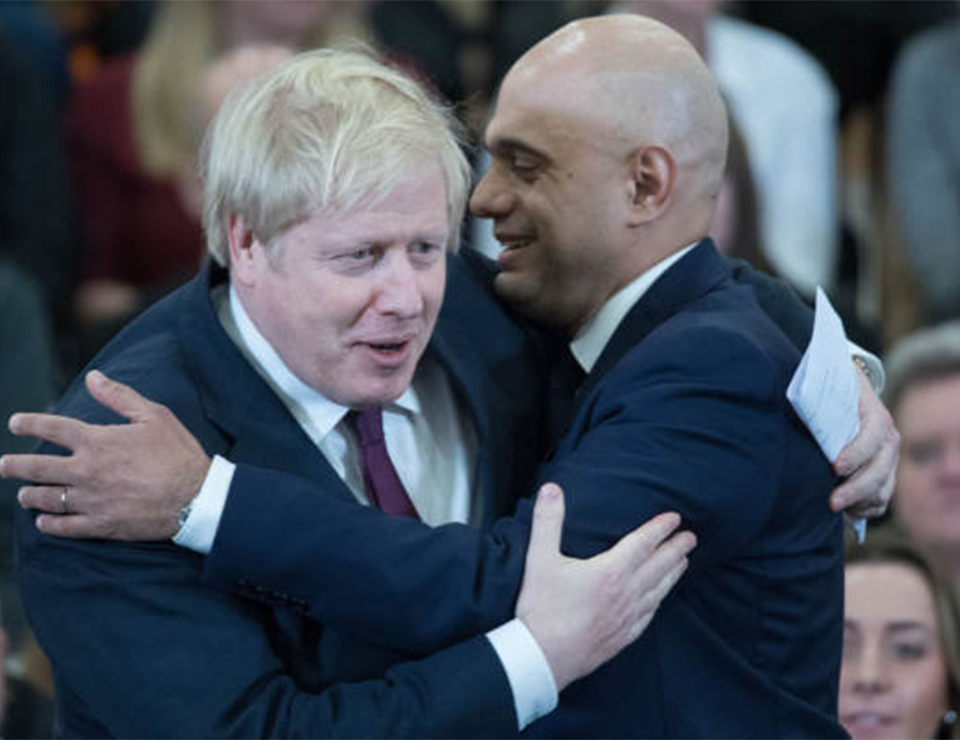An attack on Boris Johnson: what’s happening?

Just a month ago, British Prime Minister Boris Johnson was feeling on top of the world, as his government had rolled out one of the most successful vaccination campaigns that allowed the UK to ease lockdown measures earlier than most European countries and to promise full victory over COVID by this Autumn. Today, the skies above him are gloomy again: the eccentric Prime Minister has been subject to a number of accusations regarding the expensive refurbishment of his Downing Street apartment which reportedly cost £200k, as he allegedly tried to cover it with the help of the party donors. Moreover, rumors have spread that at one of the closed government meetings last Autumn Johnson reportedly said that he “would better see bodies pile high” than take a country into another lockdown.
Most observers are sure that these concerted attacks come from a source and its name is Dominic Cummings. Cummings, the former adviser to Johnson, is believed to be the mastermind of Brexit and the “grey cardinal” of the British politics of recent years. However, he dramatically fell out of the Prime Ministerial favor and was fired last year. The Prime Minister blamed him in numerous information leakages, while Cummings is set to appear before a Parliament select committee this May and provide details of his claims.
But are there deeper reasons for the sudden war between the two charismatic people rather than their personal misunderstandings? Indeed there are. Johnson and Cummings, while for some time united by their willingness to shake Westminster and change some deep-seated political conventions, represented two opposing strands of Toryism. Cummings, with his plans to profoundly reform the public sector by dramatically decreasing the influence of the Oxbridge graduates mostly coming from privileged backgrounds and turning it into something more like an Asian-style meritocracy assessed in accordance with business standards, represents the contemporary version of Thatcherism, with its certain neglect of tradition, almost fanatical commitment to “small state” and technocracy.
Johnson, who also sees himself as a political revolutionary, is very far from this view of governance. Being himself a privileged Etonian old boy and Oxford graduate, he shares a vision closer to the so-called “one-nation” Conservatism of the 19th century, which emphasizes the union of the ruling class and the common people and is much more favorable to social welfare and redistribution than the ultra-capitalist Thatcherist approach. Johnson’s campaign in 2019 was focused on helping the underfunded and declining deindustrialized areas in the north of England and explicitly announced the return of the Conservative party to a common voter. Thanks to this strategy, the Tories managed to grab dozens of predominantly working-class constituencies which for decades used to be considered exclusively Labour’s playground. The hardships of 2020, with rising unemployment and social inequalities exacerbated by the pandemic restrictions, urged the Prime Minister to further emphasize the dimension of his policies, and it must be admitted that he managed to bolster his popularity during these different times; free-market ideology has been definitely irrelevant at the time of the highest fiscal stimulus in history. Hence, Johnson’s rupture with Cummings, known for his contempt for hierarchies and conventions and certain intransigence was probably inevitable. So, the outcome of the clash between the two will not only result in changes within the party but may have far-reaching consequences for British politics and society.







